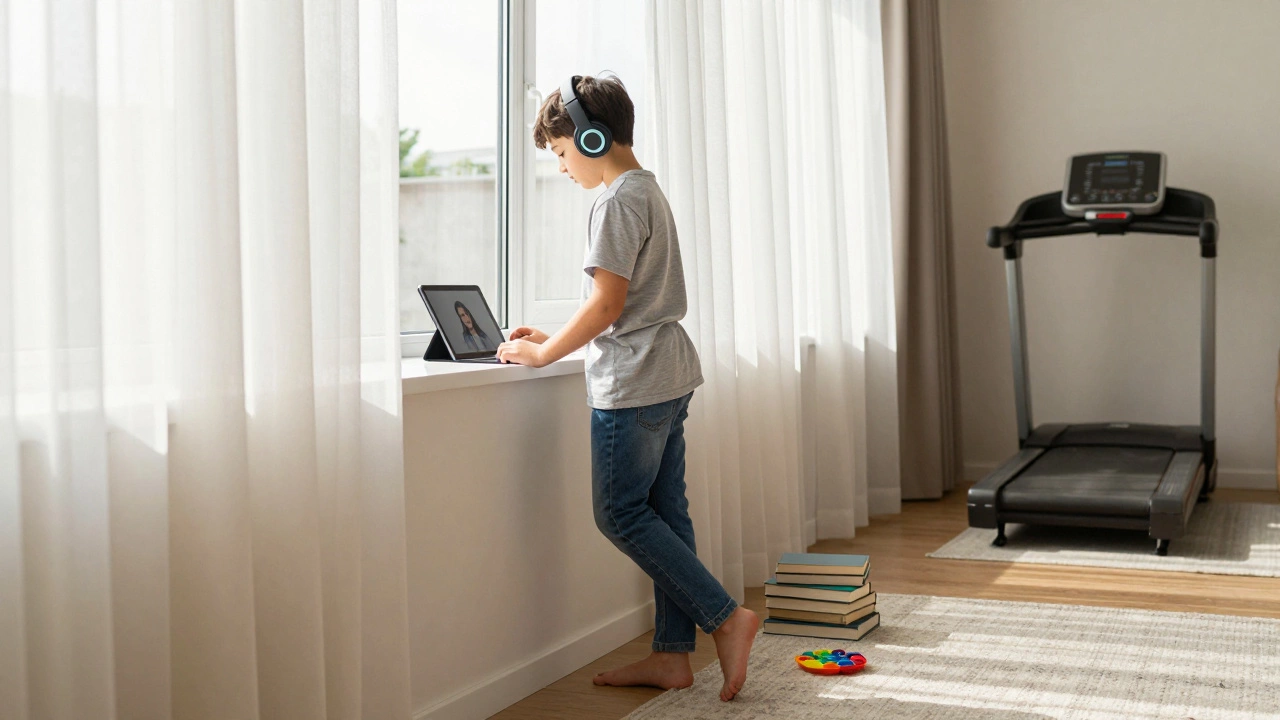ADHD Education: Practical Strategies for Teachers, Parents, and Learners
When talking about ADHD education, the practice of teaching and supporting individuals with Attention Deficit Hyperactivity Disorder, also known as ADHD, it’s essential to keep the focus on real‑world tools rather than abstract theory. ADHD education helps students stay organized, boosts concentration, and reduces frustration in both classroom and home settings. It brings together educators, parents, and the learners themselves, creating a shared language that makes support feel natural and effective. In short, ADHD education encompasses tailored instruction, behavioral strategies, and collaborative planning.
Connecting ADHD with Learning Disabilities and Inclusive Language
One key related entity is learning disabilities, a group of neurological disorders that affect reading, writing, math, and processing speed. Many students with ADHD also show signs of dyslexia, dyscalculia, or dyspraxia, so a combined approach works best. Learning disabilities require differentiated instruction, multi‑sensory activities, and frequent check‑ins, which dovetail nicely with ADHD‑specific tactics like chunking assignments and using visual timers. Another vital concept is inclusive language, the practice of using words that respect neurodiversity and avoid stigmatizing labels. When teachers replace phrases like “bad behavior” with “attention challenges,” they create a safer classroom climate that encourages self‑advocacy. Inclusive language influences student confidence, which in turn improves focus and reduces disruptive episodes.
We also need to consider the broader identity of neurodivergent, people whose brains work differently from the neurotypical norm, including those with ADHD, autism, or dyslexia. Recognizing neurodivergence shifts the conversation from “fixing” problems to “leveraging” strengths. For example, many neurodivergent learners excel in creative thinking or pattern recognition; lesson plans that tap into those strengths boost engagement. Adult learning theory adds another layer: Andragogy tells us that adult learners (including parents) prefer practical, problem‑solving activities, so workshops that let them practice classroom strategies in real time are more effective than lecture‑only sessions. This link shows that effective ADHD education requires both child‑focused tactics and adult‑focused training.
Below you’ll find a hand‑picked collection of articles that dive deeper into these ideas. From exploring the four “D’s” of learning disabilities to mastering adult learning theories, each post offers concrete steps you can try today. Whether you’re a teacher designing a lesson, a parent seeking home‑based support, or a learner looking for self‑help tools, the resources here will give you actionable insights to make ADHD education work for you. Let’s jump in and see how these strategies can help learners truly blossom.

Is Online School Better for ADHD? Real Benefits and Hidden Challenges
- by Eliza Fairweather
- on 22 Dec 2025
Online school can help kids with ADHD by reducing sensory overload, offering flexible schedules, and removing social pressure. Learn the real benefits, hidden challenges, and what to look for in a program that actually works.

Is Homeschooling Better for Kids with ADHD?
- by Eliza Fairweather
- on 19 Oct 2025
Explore whether homeschooling suits children with ADHD, covering benefits, challenges, setup steps, resources, and a detailed comparison to traditional schools.
